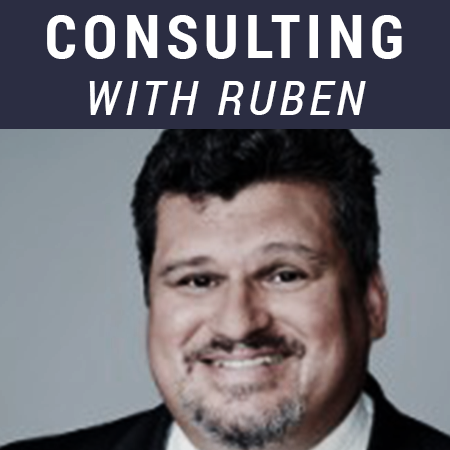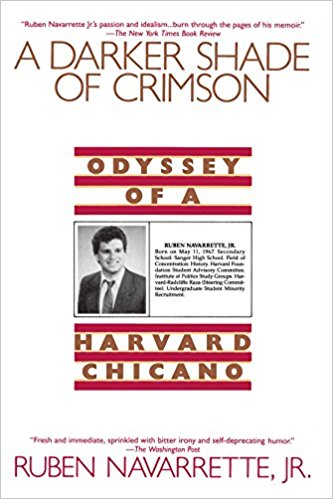SAN DIEGO — At lunch the other day, a friend — an old Marine who will soon turn 80 — informed me that originality is dead.
“Nothing is new,” he said. “Everything that’s happening now has happened before.”
At the intersection of politics and media, he has a point. The alarmist anti-Trump media likes to say that things have never been this bad.
You know what’s bad? People’s memories. It’s Groundhog Day in America. It feels like we’ve been here before — even if neither party admits it. When a politician on your team comes up with an idea, we declare that no one has ever come up with anything this good. When a politician on the rival team does anything, we insist that no one has ever been this bad.
You know what else is bad? The media’s reputation. In the Trump era, not many folks in my line of work are known for their fairness and objectivity. The media could restore much of the public’s trust by admitting that much of what they find shocking is actually quite familiar.
For example, when reporting on a new trade deal with Canada and Mexico that looks a lot like the old trade deal with Canada and Mexico, why can’t reporters make that point — but then follow up by pointing out that repacking policy initiatives is hardly new. They could mention that President Barack Obama did the same thing when he essentially Xeroxed many of President George W. Bush’s policies for combating terrorism? In fact, federal judges would scratch their heads over the fact that — in defending domestic surveillance — the briefs from the Obama Justice Department so closely resembled those of the Bush Justice Department.
And, if the claim is that Trump simply re-branded the North American Free Trade Agreement without changing much of the content, then why not mention that Obama did much the same thing when he scuttled the educational law, “No Child Left Behind” — and replaced it with his own educational initiative, “Race to the Top”? There wasn’t much of a difference. The former pushed accountability by threatening to close underperforming schools, while the latter pushed accountability by offering financial initiatives to over-performing ones.
Putting all this on the table provides context. In the bygone days of what we used to call journalism, it was considered telling the whole story. It was fair. But it was also closer to the only thing journalists are meant to chase: the truth.
Context changes a minor story from what one president is doing wrong into a major story about what’s wrong with our political system.
In a more recent example, anti-Trump forces heaped criticism on the Fox News morning show “Fox & Friends” after it emerged that the show’s producers choreographed interviews with former Environmental Protection Agency administrator Scott Pruitt. Pruitt was often given the questions ahead of time, allowed to choose the topics, and even given script approval.
We learned all this from emails revealed in a Freedom of Information Act request by the Sierra Club and confirmed by The Daily Beast.
It was an egregious breach of journalistic ethics. Thankfully, Pruitt is now out of office. But still, all those interviews are now tainted.
Yet the stunt was not exactly original. We’ve seen this movie before, where journalists get too cozy and give away the store to folks they’re interviewing. They go from doing the public good to doing public relations.
If the media is really bothered by what the Fox producers did with regard to Pruitt, then they should have been just as bothered at what came out from WikiLeaks, in October 2016, about how Glenn Thrush — then a reporter for Politico — likewise broke the rules in cozying up to John Podesta. According to emails between the two men, Thrush shared a story pre-publication with Podesta and then begged the campaign chairman for Hillary Clinton not to tell anyone about it. He even called himself a “hack.”
There wasn’t much of an outcry over that earlier sin against journalism. Why not? You know why not.
Fox News Channel says that it is “disciplining” the producers who coddled Pruitt. Thrush wasn’t disciplined for coddling Podesta; he went on to a prestigious reporting job at The New York Times, which was jeopardized when female reporters claimed he had acted improperly at different points in his career.
No wonder the public has so little faith in us. What have we done to earn it?





